

2018-01-04 07:36:00 Thu ET
technology social safety nets education infrastructure health insurance health care medical care medication vaccine social security pension deposit insurance
The world now faces an economic inequality crisis with few policy options. Some recent U.S. Federal Reserve data suggest that both income and wealth inequality accelerates in America. The top 3% own 54% of U.S. wealth, whereas, the bottom 90% own only 24% of U.S. wealth. The top 3% rake in a much greater proportion of total income in comparison to the prior state back in 2010, whereas, the bottom 90% earn proportionately less now. U.S. income and wealth concentrate in white citizens, homeowners, and upper social echelons with high educational attainment.
This economic inequality between the rich and the poor also prevails in Britain, China, Japan, Australia, New Zealand, France, Germany, and some other parts of the Euro zone. Populist politics would seem to have become a natural reaction to this worldwide inequality in light of Brexit, Trump presidential election victory, and strongman rule by Putin, Xi, and Duterte. Pundits and policymakers can consider several solutions such as income tax credit, greater public investment in education, more progressive wage-versus-capital income tax treatment, and less residential segregation. A radical solution involves what Professor Thomas Piketty proposes as global capital taxation. The latter may affect international capital flows as Tobin taxes lower the average after-tax rate on capital investments in different countries.
If any of our AYA Analytica financial health memos (FHM), blog posts, ebooks, newsletters, and notifications etc, or any other form of online content curation, involves potential copyright concerns, please feel free to contact us at service@ayafintech.network so that we can remove relevant content in response to any such request within a reasonable time frame.
2018-08-21 11:40:00 Tuesday ET
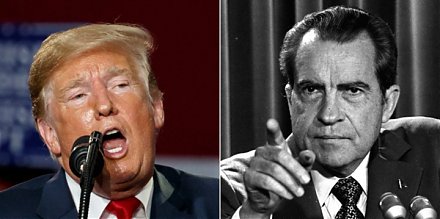
President Trump criticizes his new Fed Chair Jerome Powell for accelerating the current interest rate hike with greenback strength. This criticism overshado
2018-05-03 07:34:00 Thursday ET
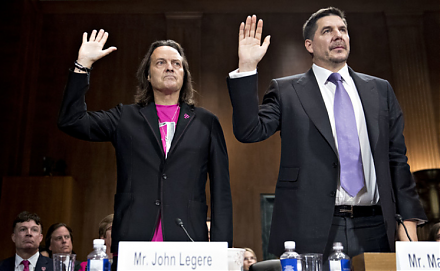
Sprint and T-Mobile propose a major merger in order to better compete with AT&T and Verizon. This mega merger is worth $26.5 billion and involves an all
2018-04-23 07:43:00 Monday ET
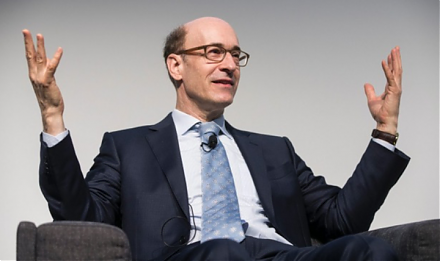
Harvard professor and former IMF chief economist Kenneth Rogoff advocates that artificial intelligence helps augment human productivity growth in the next d
2017-11-19 08:37:00 Sunday ET
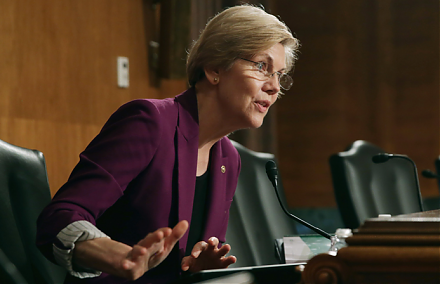
In 2000, a former law professor at Harvard proposed establishing the Financial Product Safety Commission in order to protect consumer rights in the provisio
2019-03-31 11:40:00 Sunday ET

AYA Analytica free finbuzz podcast channel on YouTube March 2019 In this podcast, we discuss several topical issues as of March 2019: (1) Sargent-Wallac
2023-03-21 11:28:00 Tuesday ET
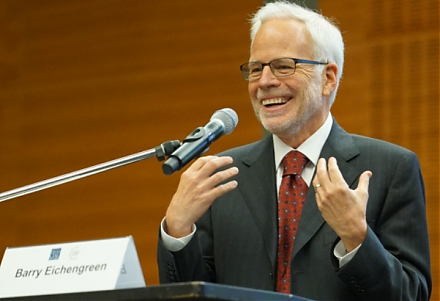
Barry Eichengreen compares the Great Depression of the 1930s and the Great Recession as historical episodes of economic woes. Barry Eichengreen (2016)